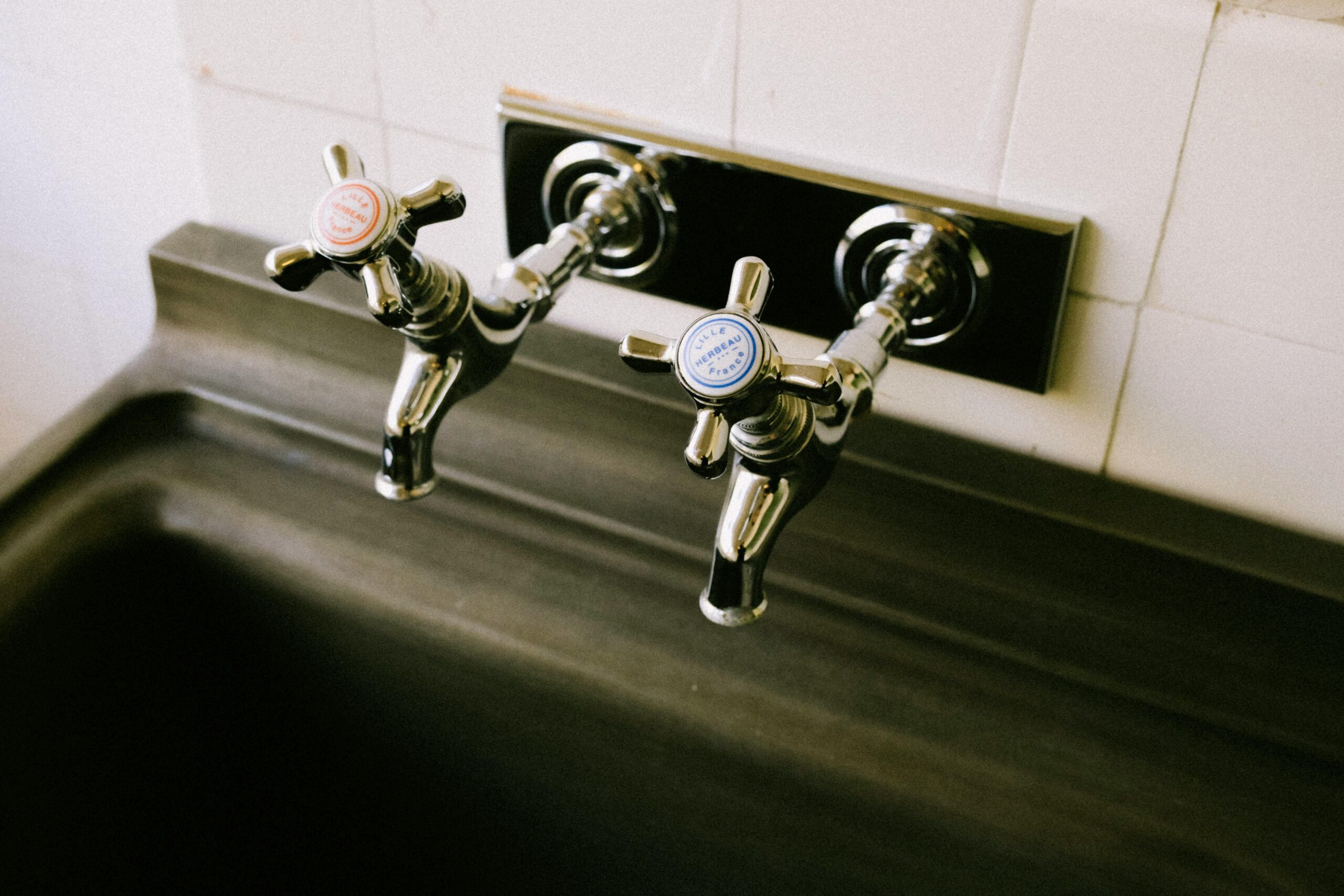If you are interested in a more self-sufficient and sustainable lifestyle, considering homesteading might be right up your alley. This way of life is gaining popularity, and one of its most crucial components is the integration of sustainable plumbing systems. This article will delve into the details of integrating sustainable plumbing systems into your homestead.
Sustainability and Homesteading
The primary goal of homesteading is to create a self-sustaining lifestyle. This entails embracing practices that align with sustainability. In terms of plumbing, it means utilizing systems that conserve water and energy resources. A few simple modifications can make a considerable difference in the long-term efficiency and sustainability of your homestead’s plumbing system.
Benefits of Sustainable Plumbing
Sustainable plumbing offers numerous benefits. First, you will consume less water, leading to lower monthly utility bills and contributing to conservation efforts. Second, sustainable systems often use less energy by minimizing the need for hot water or energy-demanding appliances. Lastly, many sustainable plumbing practices also contribute to healthier ecosystems by reducing pollution from wastewater.
Water-Saving Fixtures
One straightforward way to introduce sustainability in your plumbing system is by installing water-saving fixtures such as low-flow faucets, showerheads, and toilets. According to Fergusons Plumbing Group, these types of fixtures can reduce water usage by up to 50 percent compared to traditional models without compromising performance.
Rainwater Collection Systems
Rainwater collection systems are an excellent addition to a sustainable homestead. These systems collect rainwater runoff from roofs or other surfaces for later use in gardening or flushing toilets- tasks that do not require drinking-quality water. Rainwater collection contributes to water conservation efforts and reduces reliance on municipal water systems.
Greywater Recycling
Greywater recycling is another powerful tool in sustainable plumbing. Greywater refers to wastewater from sources like washing machines, showers, and sinks (except kitchen sinks). With appropriate treatment, this water can be reused for toilet flushing or garden irrigation.
Installing Solar Water Heaters
Solar water heating systems are an excellent way to reduce energy consumption while maintaining comfort in your homestead. These systems use the power of the sun to heat water for household use, eliminating the need for traditional energy sources such as electricity or natural gas.
Biodigesters for Waste Management
A biodigester transforms organic waste into usable resources: biogas for cooking and nutrient-rich fertilizer. A home biodigester system could eliminate the need for a septic system and reduce your dependency on natural gas or propane for cooking.
Composting Toilets
Composting toilets handle human waste through a composting process that turns waste into useful compost. They use far less water than a conventional toilet and produce valuable end products in the form of humus – a nutritive soil amendment – and minute amounts of leachate that can be safely used in your garden.
Pipe Insulation
Pipe insulation can prevent heat loss during winter, saves energy, and protects pipes from freezing. Moreover, insulated hot water pipes will deliver hot water faster, conserving both water and energy.
Professional Guidance
Although many elements of a sustainable plumbing system can be DIY projects, some aspects may require professional assistance, especially if they involve modifications to existing infrastructure or specialized installations. Professionals can also provide advice on the most effective and efficient systems for specific homesteading contexts.
The Role of Community
Sharing experiences and knowledge with other homesteaders, both locally and online, can provide valuable insights and resources. Plus, collective action can have a significant impact on water conservation and energy reduction in the broader community.
Government Incentives
Many governments offer incentives or subsidies to encourage more sustainable practices, including sustainable plumbing. These can take the form of tax breaks, rebates, or grants. Checking local and national guidelines can reveal potential financial aids for your sustainable plumbing project.
Making the Transition
Moving towards a more sustainable plumbing system does not have to happen overnight. Making small changes gradually over time can add up to significant savings in water and energy while also benefiting the environment.
Wrapping Up
Integrating sustainable plumbing systems into a homestead takes considerable thought but provides plentiful benefits. Not only does it cut down on water usage and energy consumption, aiding in utility bills reduction, but it is an essential part of leading a self-sufficient lifestyle that values sustainability at its core. With guidance from professionals and support from communities of like-minded individuals, even the task of transforming conventional systems into a model of sustainability becomes manageable.

